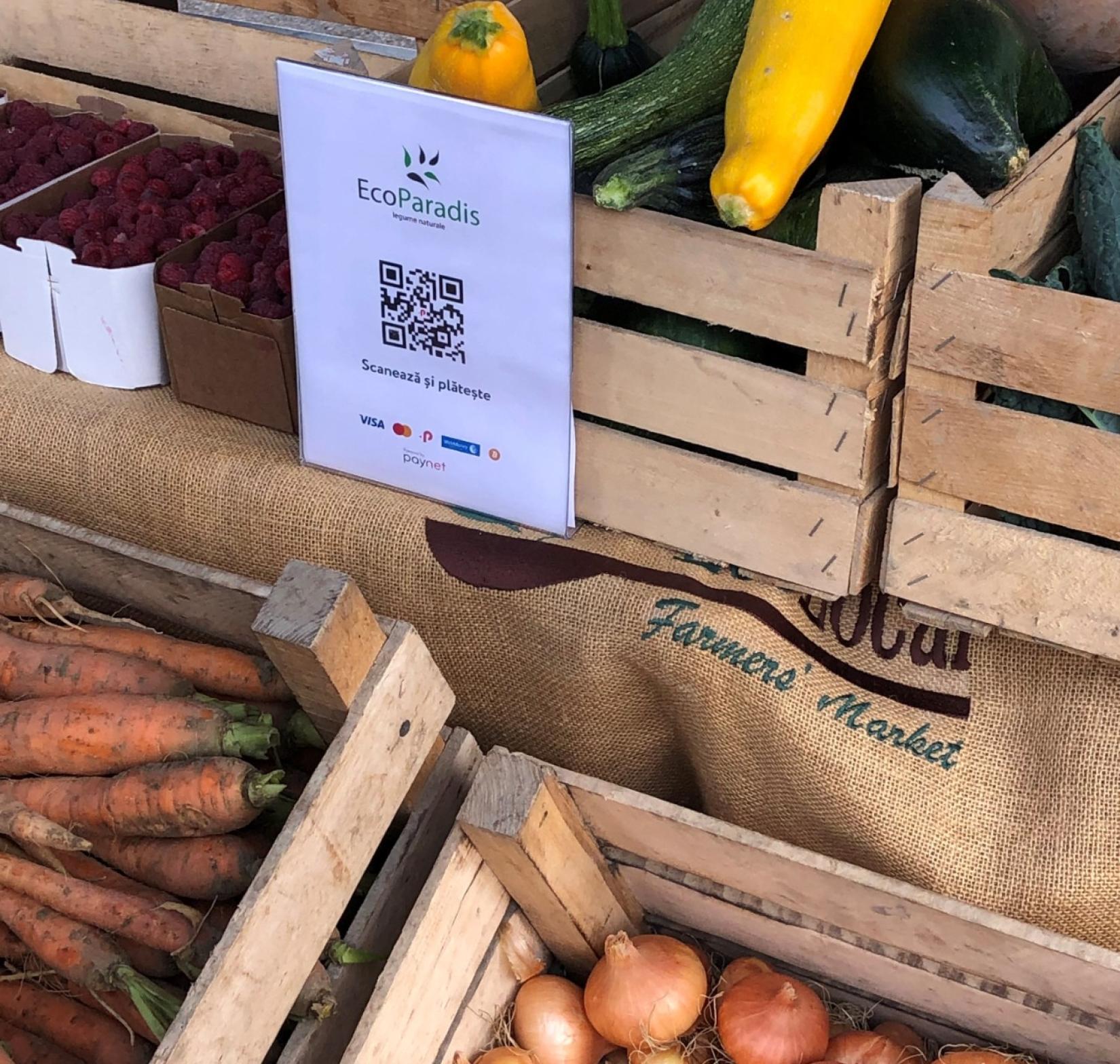Digital billing and e-invoicing save time and trouble for small companies, and customers
25 January 2022
- While digital billing and invoicing are not a novelty, not every company in Moldova is handling payments and billing digitally.
Yet this is, arguably, one of the most important parts of any business as financial transactions can make or break your impression of a company, putting all the customer service magic performed before the transaction occurred at risk, to say nothing of its direct impact on a company’s cash flow if it goes wrong or is simply overdue.

Currently, most companies and especially the small ones, rely on invoices that are drafted manually in software like Microsoft Office (Word or Excel) and delivered in person or sent as an attachment (usually as a PDF file) by email, which implies wasted time and predisposition to error. This is why Diginet Pro, a small ICT company selected by UNDP Moldova within a funding competition, is developing an electronic invoicing tool for businesses to enable them to send customised electronic invoices to their business partners.
Work in the cloud, save paper, ink, time, and trouble
Diginet’s service is meant to optimise administrative processes as this solution will be connected to the most popular accounting and data base software (1C:8, CRM Bitrix24 and AmoCRM) in the country. Thanks to the cloud where all invoices will be stored, any sales manager or accountant will be able to find and send digital invoices, track their status (valid or expired) and issue reminders when needed. According to Vladimir Macarov, Director at Diginet Pro, the service will also minimise operational expenses. Deloitte estimates that every digitally processed invoice can save up to US$20.
Diginet Pro’s solution will not only digitize the invoicing process, but will also customize it, enabling companies to issue invoices in different currency and deliver them automatically, and double them with an email or text message. This still doesn’t replace tax invoices, which each company is required to issue (physically or electronically), sign with each vendor or client they deal with. But Diginet Pro is hoping to propose in the future a digital solution for this part of the transaction as well.
QR codes to help older people pay their bills remotely
Another company selected within the same UNDP’s Digital Innovation Challenge is harnessing the QR code technology to digitalise payments even further. PayNet proposed that utility bills issued by local utility service providers such as water distribution and solid waste management service providers, and others, add a QR code on the bill that once scanned, will give immediate access to a company’s payment gateway directing to the service operator. Then the user has two options: either pay via a bank card or a PayNet Wallet.
This solution is particularly interesting as not everybody in the country has a bank account (app. 2.2 million cards at the end of 2020), while 98% of the country has internet coverage and over 2.5 million people have access to Internet on their smartphones – all necessary ingredients to pay for your utility bills without having a bank account. Moreover, having a bank account and a debit or credit card does not guarantee that the bank card is used to its full potential. Only 60% of the issued bank cards are active, and many card owners still simply cash out their debit card once a month when they get their salary or pension.
Affordable digital solutions for small companies
PayNet’s solution may enable older people whose children often reside aboard to manage their households digitally. Older people in Moldova are comfortable using a smartphone (mostly to connect with their loved ones) and with some help can easily learn how to make payments using a QR code as well. Alternatively, their relatives from abroad can use the QR codes to perform the payment remotely. All one will need is to ask their parents or grandparents to send a picture of the bill.
This is one of the reasons why PayNet will focus on deploying this technology in rural areas of the country. “We chose to support the payment of bills via QR codes in rural areas because this tool offers extra comfort and flexibility to both users and beneficiaries of payments. We also believe that the QR is a simple tool that could be understood and used by most of the population,” says Vlad Ghenciu, Product Manager at PayNet.
Deploying this service means establishing a great deal of partnerships with local utility service providers and overcoming integration issues of the payment via QR codes as some of these companies are not even issuing their bills automatically. But the effort is worth it, and the costs of the project are covered so far by PayNet, thanks to the grant offered by UNDP Moldova.
The company proved that small service providers, such as street vendors can easily adopt the technology at a very low cost, having partnered earlier with EcoLocal Farmers Market and craftspeople. They pay up to 2% of the total cost of the bill without having to invest in a point-of-sale terminal.
“This technology is a lot more convenient and affordable than having a point-of-sale terminal. I would have to pay for the registration, the terminal itself, and the banks would charge a fee for every cheese sale I would make. But the QR-code technology was offered for free, and I only pay a percentage from each sale,” says Dorina Baciu, Administrator at “Sălașul Baciului”.
Diginet Pro and PayNet’s ideas were selected within the first edition of the Digital Transformation Innovation Challenge, organised by UNDP Moldova’s “Accelerating Digital Transformation in the Public Sector of the Republic of Moldova” Programme. The generated ideas prove that there are affordable digital solutions for small and medium-sized companies that can improve internal processes and customer service




